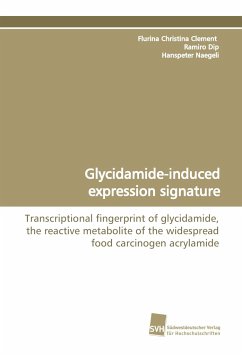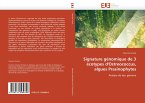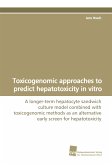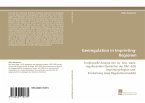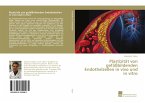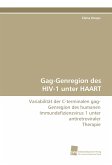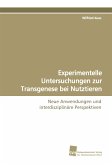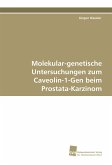Recent findings of acrylamide in foods have sparked new interest in assessing human health hazards due to long-term exposure to this vinyl compound. Acrylamide is tumorigenic at high doses in rodents but cancer risk projections in the human population remain uncertain as the molecular pathogenesis of acrylamide at the low dietary uptake is not understood. The present work addresses the question whether transcriptional responses amplify the known genotoxicity of acrylamide. Using DNA microarrays and PCR validations, we assessed genome-wide messenger profiles induced in human cells by acrylamide and glycidamide, its more reactive metabolite. The expression changes are characterized by the up-regulation of cytoprotective factors including the GSH system and multiple antioxidants. Low-dose experiments indicate that EPHX1 represents the most sensitive biomarker for glycidamide exposure. At higher concentrations, glycidamide induces markers of tumor progression, while growth suppressors and cell adhesion molecules are down-regulated. These findings indicate that tumor-promoting transcriptional signatures may be expected only at higher doses that exceed the ordinary dietary exposure.

